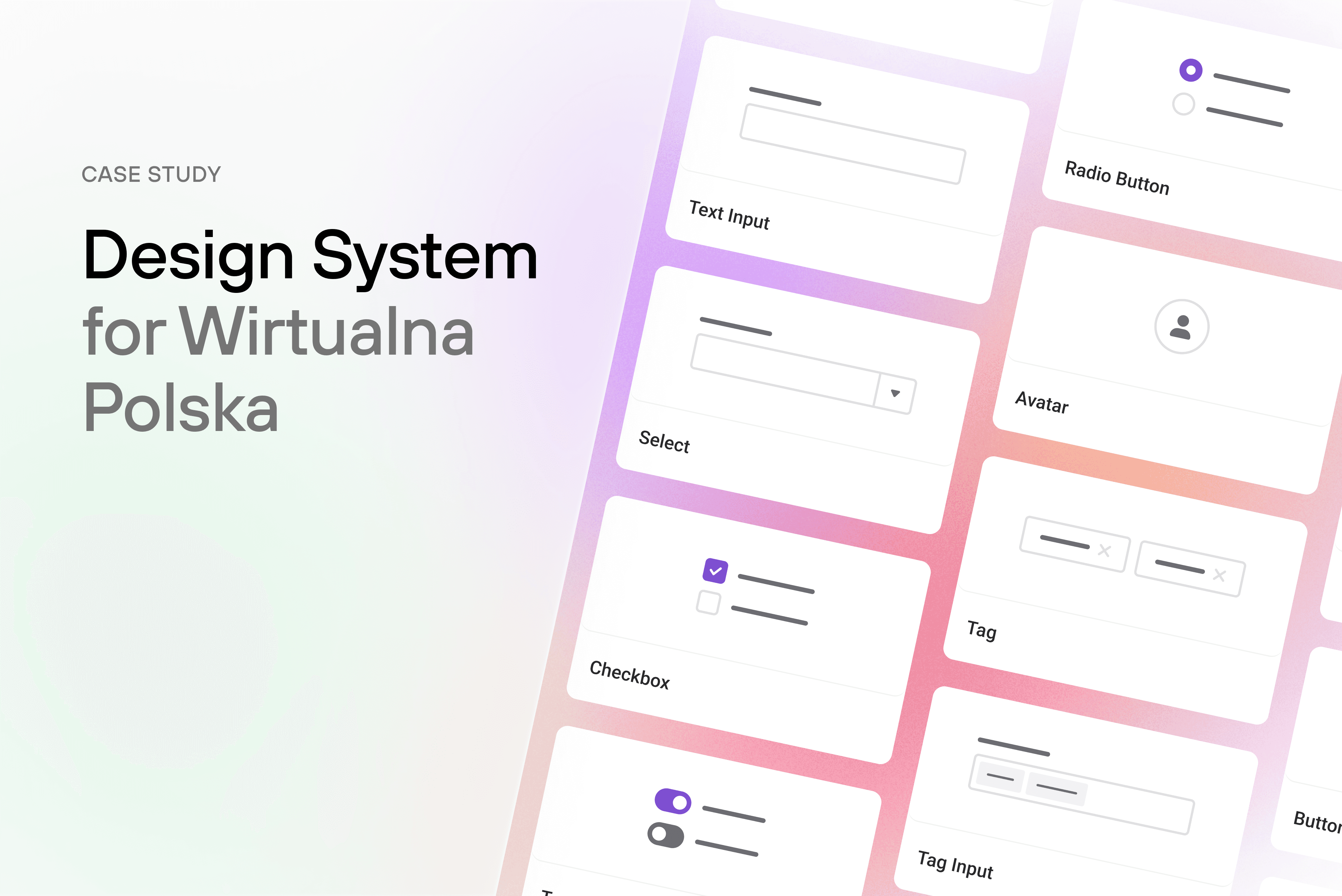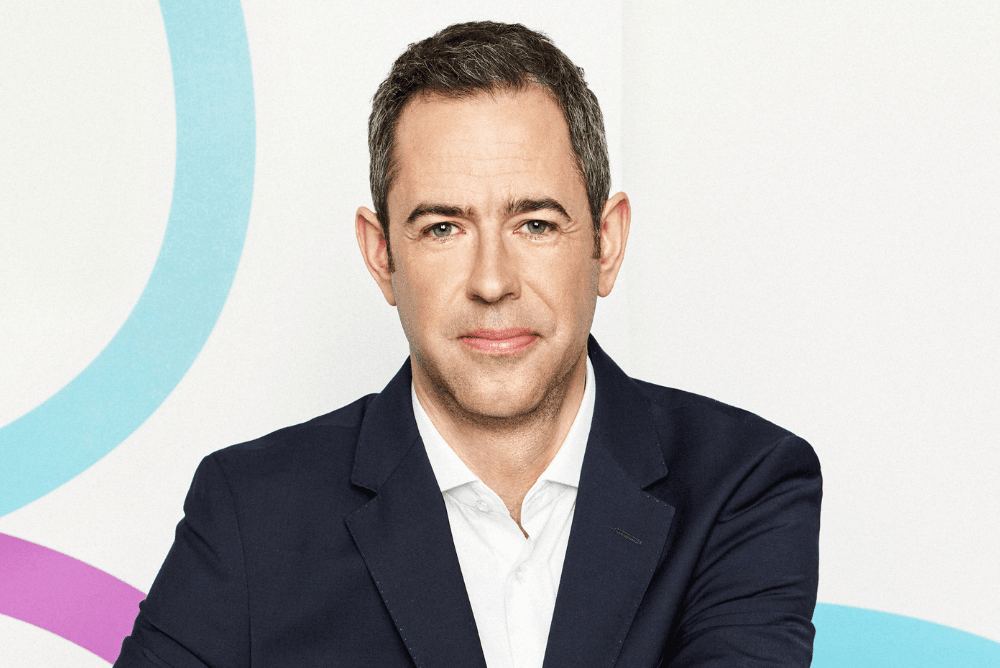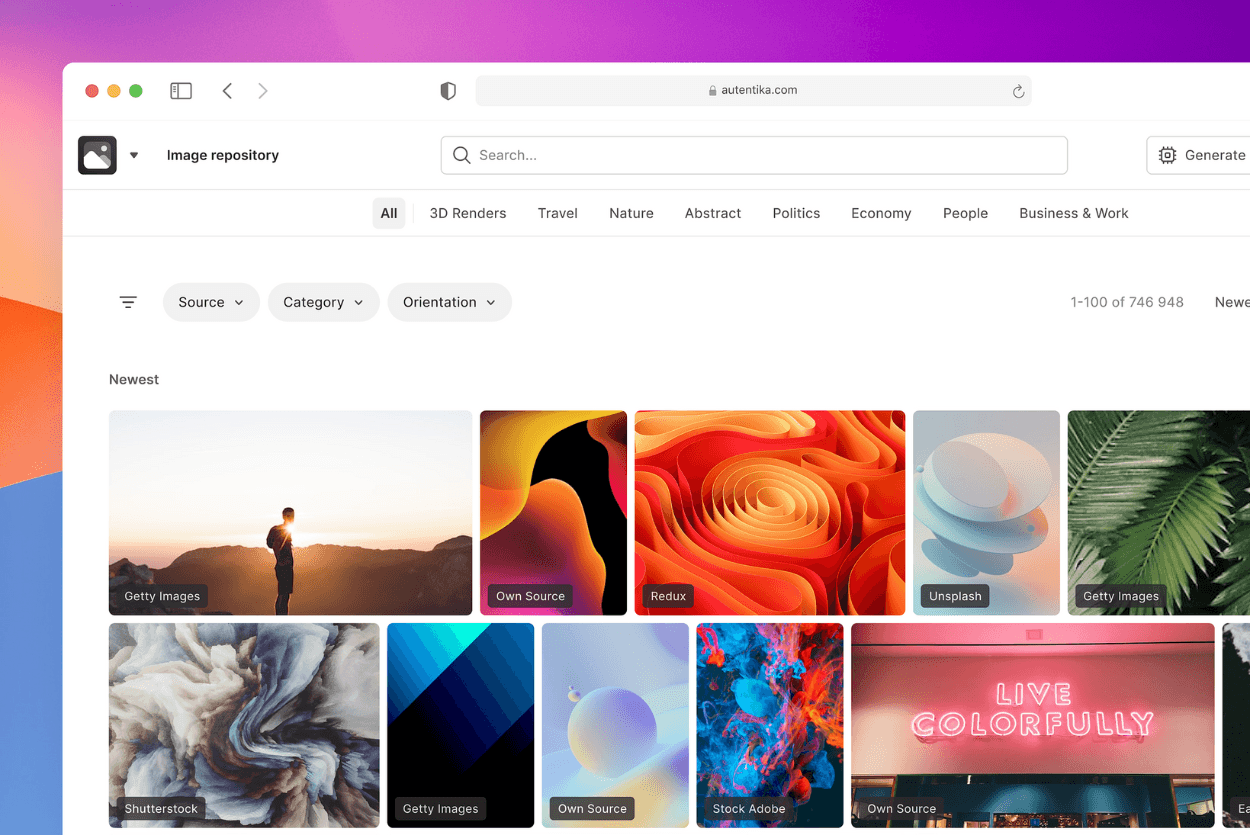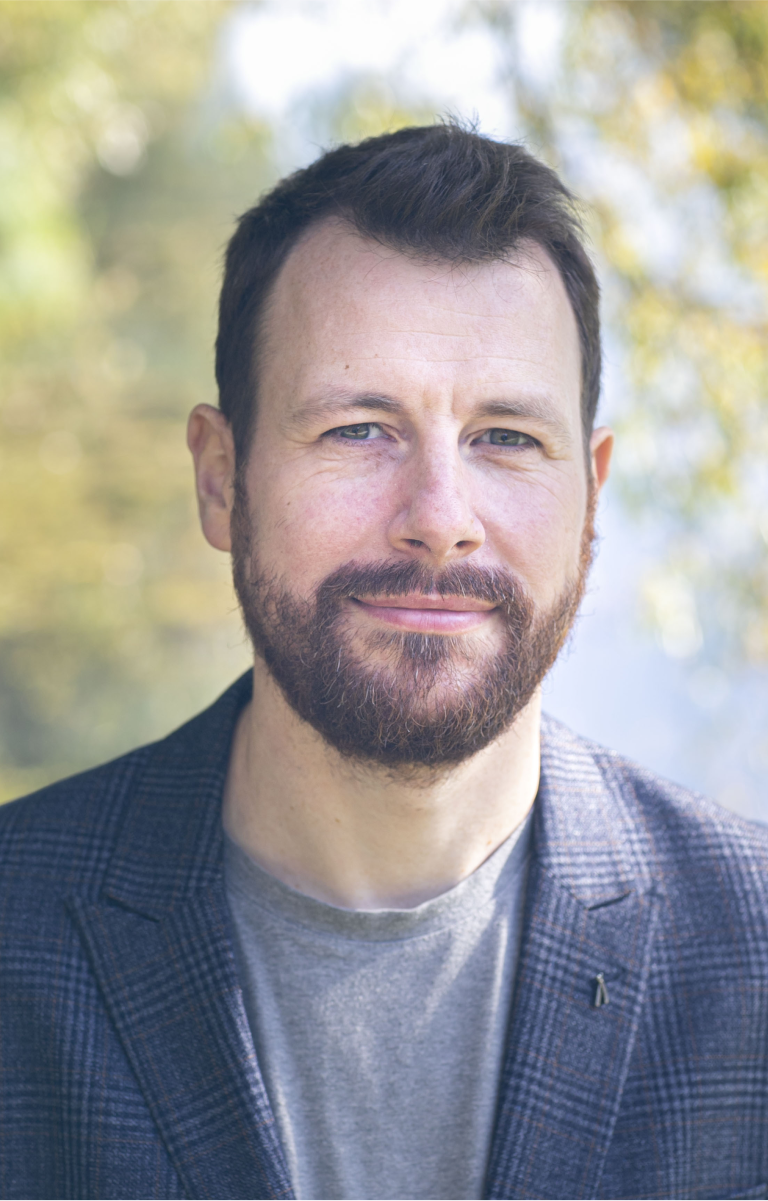Choosing the right CMS for publishers: factors to consider
7 Aug 2023
There are several crucial factors to consider when choosing the best CMS solution for your newsroom.
Choosing the perfect content management system (CMS) is an important decision for publishers as it has a direct impact on the efficiency, growth and success of their digital presence. Whether choosing a ready-made CMS from the market or investing in a customised solution, there are several crucial factors to consider. Let's go through them together!
Choosing the best CMS: key features
First of all, a good content management system (CMS) tailored for journalists should be equipped with essential features that enable writers, editors and news organisations to deliver top-notch content in an efficient manner. These key features not only streamline the editorial process, but also ensure that your journalism reaches its full potential. Let's take a look at the crucial elements a CMS should offer to promote journalistic excellence:
Intuitive content editing
A robust CMS should provide a user-friendly interface that simplifies content creation and editing. Rich text formatting, image embedding and seamless multimedia integration are crucial for journalists who want to create compelling stories without technical hurdles.
Mobile responsiveness
Your journalism should be accessible and visually appealing on multiple devices to ensure your audience can engage with your content whether they're using smartphones, tablets or desktops.
Collaboration tools
Multiple users should be able to work on the same project simultaneously, with features such as version control, rights management and real-time editing.
Multimedia integration
A robust CMS should support easy integration and management of various multimedia elements to enhance the storytelling experience.
SEO optimisation
To reach a wider audience, your CMS should prioritise search engine optimisation (SEO). This includes customisable metadata, clean URLs and integration with analytics tools to monitor the performance of your content and make data-driven improvements.
Watch: an AI-powered feature in the CMS that provides authors with prompts on including the best keywords. Journalists can edit their text as they write, adjusting key phrases or replacing words to ensure that the content is optimised for search engines.
Content categorisation and tagging
An effective CMS should allow you to categorise and tag your content to make it easier for readers to find related articles and improve the overall navigation of your website.
Publishing workflow
A well-designed CMS should offer a streamlined publishing process. The ability to schedule posts for later publication, preview content before it goes online and manage updates efficiently ensures consistent and timely delivery of news.
Audience engagement features
Interactivity with your audience is essential. Social media integration, comment sections and the ability to capture user feedback directly in the CMS can encourage reader engagement and build a loyal community for your journalism.
Security and privacy
Regular updates, strong authentication mechanisms and compliance with data protection regulations are essential features of a secure journalistic platform.
Customisability and extensibility
A good CMS shouldn't only offer user-friendly features, but also be customisable and extensible. Whether through themes, plugins or custom development, it should allow you to adapt and scale as your journalism evolves.
Read also: How to clean up a back-office system at an online media giant? Case study
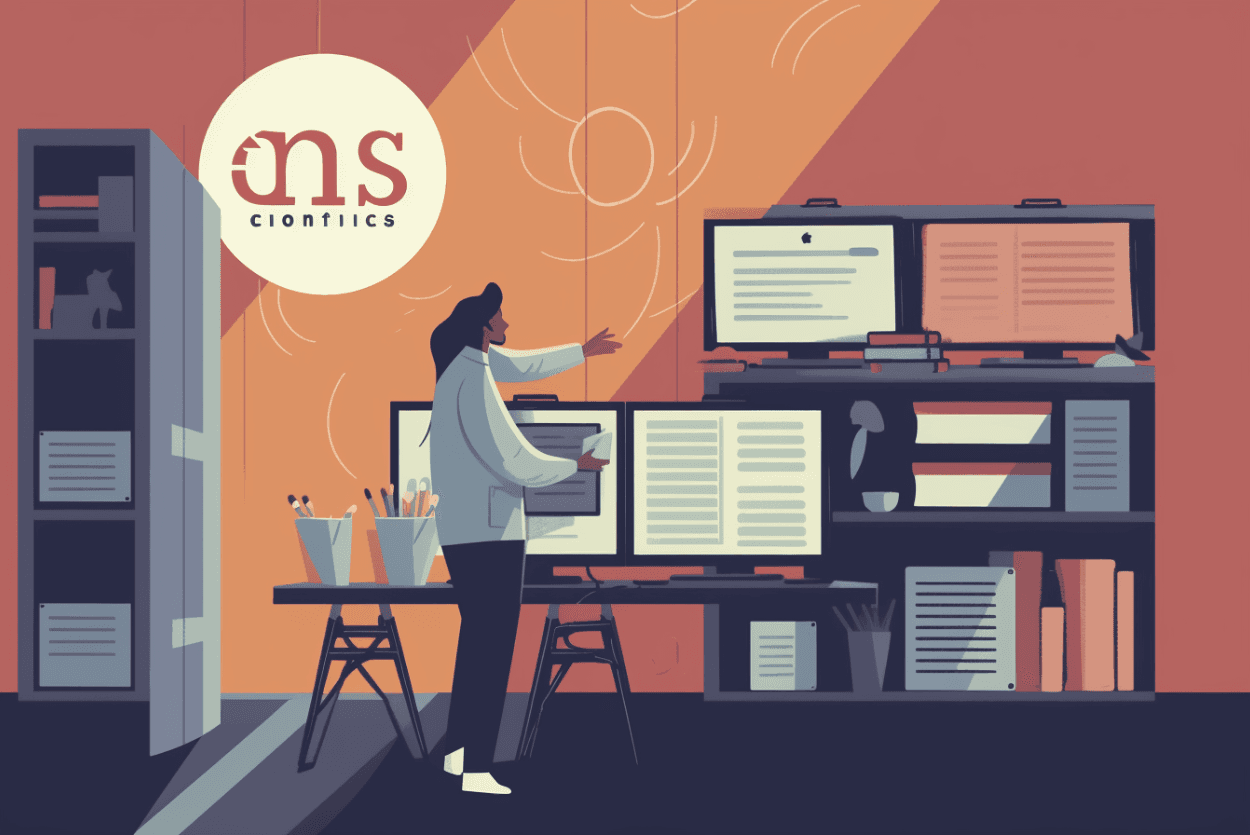
What are crucial elements a CMS should have in your newsroom?
Ready-made or custom-built?
When choosing a CMS, media leaders usually face the decision between ready-made solutions and individually created systems. Each approach has its own advantages and disadvantages that need to be understood in order to find the right platform for your journalistic needs. Let's explore the advantages and disadvantages of the two solutions.
Ready-made CMS solutions
Advantages:
Ease of implementation: Pre-built CMS platforms, such as WordPress, Drupal and Joomla come with ready-made templates, plugins and features, making it relatively easy to set up a website without extensive technical knowledge.
Cost-efficiency: These solutions often have lower initial costs compared to custom development. Many ready-made CMS platforms offer free or low-cost options for basic functions, so journalists can start with a minimal budget.
Community support: Established CMS solutions have large user communities, which means you can find extensive online resources, forums and tutorials. This support network can be invaluable when it comes to solving problems or seeking advice.
Disadvantages:
Limited customisation options: Pre-built CMS platforms may not be fully customised to your specific needs. While they offer flexibility through plugins and themes, they may have limitations when you try to implement unique features or complex designs.
Security issues: Because these platforms are widely used, they can become a target for hackers. It's important to keep your CMS and plugins up to date to minimise security risks.
How can modern editorial software be your journalists' superpower?

Custom-made CMS solutions
Advantages:
Tailored to your needs: With a bespoke CMS, you have complete control over features, design and functionality. It can be tailored exactly to your journalistic goals and unique content requirements.
Scalability: A custom CMS can grow with your needs. You can start with basic features and expand them over time to ensure your platform evolves with your journalism.
Enhanced security: Customised solutions can be developed with security in mind, reducing vulnerabilities associated with widely used CMS platforms.
Disadvantages:
Higher upfront costs: Custom development often requires a larger upfront investment in terms of time and money. This can be a barrier for smaller news organisations or individual journalists with limited resources.
Development time: Developing a custom CMS takes time, from planning to development to testing. This can delay the launch of your website compared to using a ready-made solution.
The choice between pre-built and custom CMS solutions depends on your specific needs, resources and long-term vision. If you are looking for a quick and cost-effective solution with some limitations, a ready-made CMS might be the right choice. If you need full customisation and scalability and have the resources for development, a custom CMS could be the ideal way to create a unique and tailor-made platform for your journalism.
Develop in-house or hire a team?
The decision to develop a content management system (CMS) in-house or to hire external consultants or a development team is an important one that can significantly impact the success of your CMS project. Each approach has its own advantages and challenges, and understanding the key factors is crucial to this decision.
Developing in-house
Advantages:
Full control: You can tailor the system to your exact requirements and ensure that it's perfectly suited to your publishing needs.
Direct communication: Your in-house team can communicate directly, minimising misunderstandings and streamlining the development process. It also ensures that your team fully understands the CMS, making ongoing maintenance and updates easier.
Long-term ownership: In-house development gives your organisation full responsibility for the CMS. You can adapt and expand it as needed without relying on external providers.
Disadvantages:
Resource-intensive and time consuming: Developing a CMS in-house requires a lot of time, money and technical expertise. This can divert resources from other important projects and the initial investment can be significant.
Technical challenges: Unless you have a skilled and experienced development team, building a CMS from scratch can present technical challenges. These include ensuring security, scalability and compliance with industry standards.
Maintenance burden: After the initial development, ongoing maintenance, updating and support is your responsibility. This can place a significant burden on your team.
Learning curve: Developing a CMS from scratch can be challenging, especially if your team isn't already well-versed in CMS architecture, security practices, and best practices for content management. Additionally, this learning curve may cause delays and result in a CMS that doesn't fully meet your requirements due to unforeseen technical limitations.
Read also: Design system in a media organisation: 10 questions you should ask at your next meeting
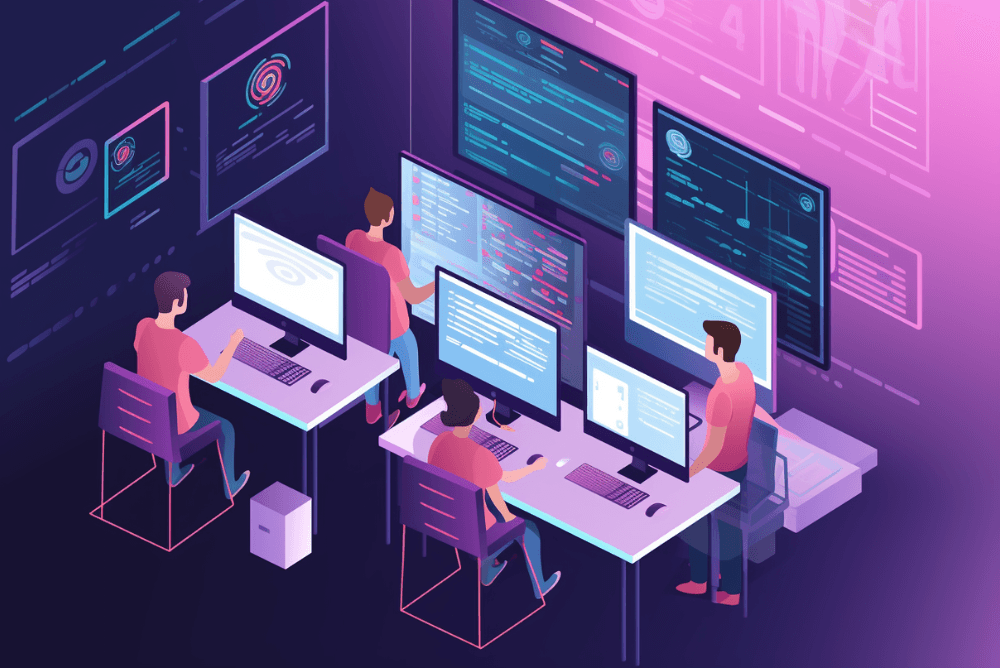
Hiring consultants/external team
Advantages:
Expertise: Hiring experienced consultants or an external development team brings specialised skills. They're familiar with CMS development and best practises and can manage technical complexities.
Specialised knowledge of newsroom workflow: external teams with experience of working with newsrooms, such as Autentika, bring specialised knowledge of the unique workflows and requirements of media organisations. This knowledge ensures that the CMS they develop is tailor-made to increase the productivity of your newsroom and meet the specific requirements of journalistic content creation.
Proven track record: By reviewing previous projects of an external team, you gain insight into the quality of their work, their ability to meet deadlines and the level of satisfaction of their previous clients. This reduces the risk associated with CMS development and gives you the confidence that you're working with experts who understand the intricacies of editorial operations.
Faster implementation: An experienced team can speed up the development process and get your CMS up and running faster than an internal team that may need to learn first.
Reduced resource allocation: Outsourcing CMS development allows your internal team to focus on other important tasks, minimising resource allocation issues.
Innovative solutions: An external team can offer creative solutions, suggest features that expand your newsroom's capabilities and use their expertise to develop a CMS that is perfectly aligned with your journalistic goals.
Take a look at Autentika’s projects for Newsrooms
Disadvantages:
Cost: Hiring external consultants or a development team comes at a cost, which can include initial development fees, ongoing maintenance and support costs.
Communication challenges: Maintaining clear communication between your organisation and the external team is crucial. Miscommunication can lead to delays, misunderstandings or a CMS that doesn't fully meet your requirements.
When deciding between internal development and hiring external experts, you need to consider your organisation's resources, technical capabilities, long-term goals and the complexity of the CMS you want. Whichever path you choose, a successful CMS project depends on clear communication, collaboration and a comprehensive understanding of your publishing needs.
Having trouble while making the decision?
As we have found, the choice between market-ready CMS solutions and customised systems is influenced by numerous factors, each of which plays a crucial role in the success of your digital content strategy.
From content requirements to scalability and customisation to your team's technical capabilities, each consideration requires careful consideration. A CMS aligned with your needs, resources and long-term vision can revolutionise your publishing activities, enabling you to deliver high-quality content, engage your audience and remain competitive in a fast-paced digital environment.
If you are not sure which way to choose, we can help you by assessing your current tools and newsroom workflows, and list possible solutions and recommendations. Contact us for more details.
